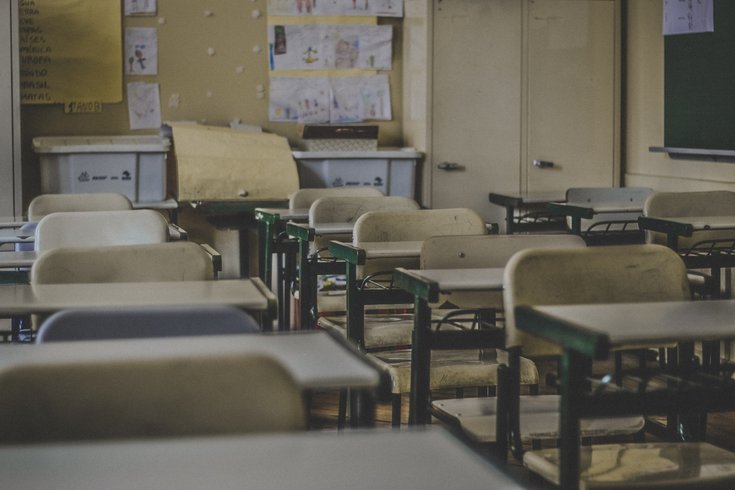
November 22, 2023
 Feliphe Schiarolli/Unsplash
Feliphe Schiarolli/Unsplash
Among states, Pennsylvania has the lowest charter school performance, according to a recent study. The commonwealth was also among the states with the largest gap between white and Black charter students’ scores.
A decade’s worth of testing data ranks Pennsylvania among the states with the lowest charter school performance.
In a study of students’ scores in reading and math on the National Assessment of Educational Progress, researchers compared charter school performance in 35 states and Washington, D.C.
Alaska had the highest scores compared to the average followed by Colorado, Massachusetts, New Hampshire, and New York.
Pennsylvania ranked 31st, followed by Oregon, Michigan, Tennessee and Hawaii. The commonwealth was also among the states with the largest gap between white and Black charter students’ scores, with the seventh-largest gap.
The study found Pennsylvania had the second-largest performance gap between white and Hispanic students’ scores, ranking above only Washington, D.C.
The authors said they hope the rankings will spur charter school improvement and contribute to debate over whether charter schools should be subject to close regulation or “allow many and diverse flowers to bloom,” whether charters should be independent or incorporated into networks and whether for-profit charter schools should be permitted.
Noting trends in the data, the researchers said students in southern states tended to perform above average while students in Rust Belt states ranked in the middle or below.
They also found that the style of governance tended to correlate with performance. Students in charter school networks scored higher than independent charter school students, while students schools run by for-profit organizations scored lower. And students in charter schools authorized by state education agencies had higher scores than those at charters authorized by local school districts, non-educational organizations and universities.
Charter schools are publicly funded independent schools operated by nonprofit organizations. The Pennsylvania Legislature passed the law allowing charter schools in 1997. Since then, 165 brick-and-mortar charter schools and 14 cyber-charter schools have been established.
The purpose of allowing teachers, parents and community members to start charter schools was to improve student learning, increase opportunities for students, encourage innovative teaching methods, to allow teachers to be responsible for curriculum development, and to provide a variety of educational opportunities in the public school system, according to the Pennsylvania Department of Education.
Education watchdog groups have been critical of Pennsylvania’s charter school law because it hasn’t been updated since 2002 and because responsibility for paying tuition to charter schools falls on local school districts rather than the state. Furthermore, critics say disparity in per-pupil spending from district-to-district results in widely ranging tuition amounts paid to charters.
Pennsylvania standardized test scores show a 22% gap between students in traditional public schools and charter schools, The Pennsylvania School Boards Association’s Keystone Center for Charter Change said.
The national comparison, conducted by researchers at Harvard University and the University of Buckingham in the United Kingdom, is the first to rank charter school performance from state-to-state. It was published in the Journal of School Choice.
Pennsylvania Capital-Star is part of States Newsroom, a network of news bureaus supported by grants and a coalition of donors as a 501c(3) public charity. Pennsylvania Capital-Star maintains editorial independence. Contact Editor Kim Lyons for questions: info@penncapital-star.com. Follow Pennsylvania Capital-Star on Facebook and Twitter.